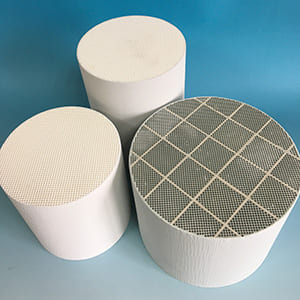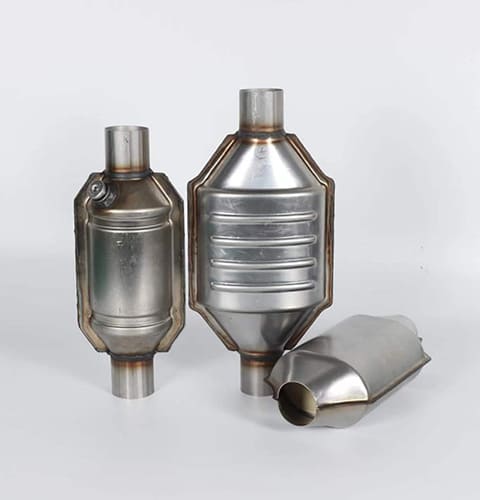Understanding DPFs: The Basics
Diesel Particulate Filters (DPFs) are vital components in modern diesel engines, constructed to capture and eliminate soot and other particulate matter from exhaust emissions. These filters play a crucial role in meeting stringent environmental regulations aimed at reducing air pollution. As diesel engines produce exhaust laden with particulates that can adversely affect air quality and human health, the DPF acts as a filtration system, ensuring that these harmful substances are contained and converted before they are released into the atmosphere.
The primary function of a DPF is to trap soot particles generated during the combustion process. This is achieved through a porous ceramic substrate that captures these particulates while allowing gases to pass through. Over time, as soot accumulates within the filter, it needs to be removed to maintain the efficiency of the engine and the DPF itself. This process, known as regeneration, can occur naturally through high temperatures during driving or can be facilitated through active systems that introduce additional fuel for higher combustion temperatures.
Proper maintenance of DPFs is essential for their longevity and performance. Neglecting maintenance can lead to blockages, reduced engine performance, or even costly replacements. It is important for fleet buyers and operators to be knowledgeable about the care requirements of DPFs to ensure optimal function, thereby minimizing long-term operational costs. Depending on their condition and age, DPFs may need to be replaced with aftermarket options, which can provide a cost-effective solution when seeking replacements. DPF wholesalers often cater to the demand for these aftermarket filters, offering a range of options suitable for various vehicles. Understanding the role of DPFs and their maintenance will set the stage for addressing common myths surrounding the aftermarket solutions available today.
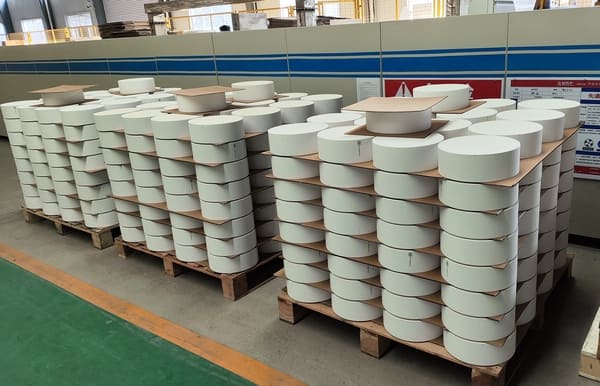
Common Myths About Aftermarket DPFs
Several misconceptions exist regarding DPF aftermarket options, creating confusion among fleets buyers and operators. One prevalent myth is that aftermarket DPFs are illegal. This belief often arises from the assumption that only original equipment manufacturer (OEM) parts are compliant with environmental regulations. In reality, aftermarket DPFs are designed to meet or exceed the same emissions standards as their OEM counterparts, provided they are sourced from reputable dpf wholesalers. Therefore, selecting an appropriate aftermarket DPF does not jeopardize compliance with industry regulations.
Another widespread myth is the belief that aftermarket DPFs are of inferior quality compared to OEM parts. This assumption may stem from anecdotal experiences or limited knowledge about the range of products available in the aftermarket. In truth, many aftermarket DPF manufacturers invest significantly in research and development, resulting in components that are competitive in quality, durability, and performance with OEM products. This shift reflects the growing market for dependable aftermarket options, which can be particularly advantageous for fleets operating on tight budgets while still seeking valorous performance.
Furthermore, there is a common notion that replacing a DPF with an aftermarket option automatically voids existing warranties. While this concern is understandable, it’s crucial to recognize that federal law, specifically the Magnuson-Moss Warranty Act, protects consumers in this regard. A warranty can only be voided if a non-OEM part directly causes a failure. Engaging with reliable dpf wholesalers ensures that aftermarket products are reliable and trustworthy, which mitigates the risk of warranty issues. Understanding these myths and clarifying the facts empowers fleets buyers to make informed decisions about incorporating aftermarket DPFs into their operations.
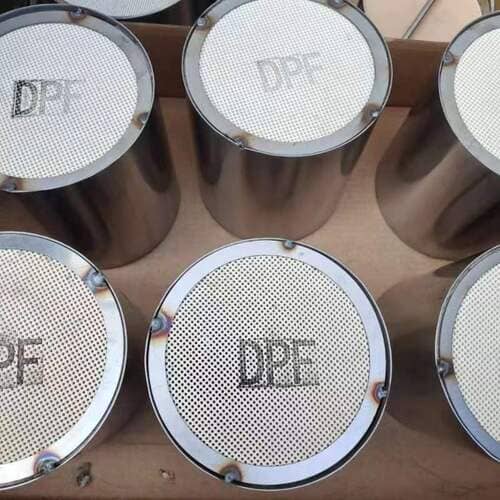
The Facts About Aftermarket DPFs
Aftermarket Diesel Particulate Filters (DPFs) have often been surrounded by misconceptions, particularly regarding their legality and quality. It is essential to establish that many aftermarket DPFs are indeed compliant with local and international environmental regulations. This compliance ensures that fleets can maintain operational efficiency without being subjected to legal repercussions. These regulations are in place to promote the use of products that reduce harmful emissions, and many aftermarket manufacturers focus on meeting these standards, providing viable options for buyers seeking cost-effective solutions.
Quality concerns regarding aftermarket DPFs are also prevalent. However, numerous aftermarket options are manufactured under strict quality control guidelines, equal to or even surpassing those of original equipment manufacturers (OEMs). Industry standards dictate the materials and processes employed in the production of these filters, ensuring that they perform effectively. Many fleets buyer have reported substantial success with aftermarket options, highlighting their reliability and longevity equivalent to OEM products. As the aftermarket industry evolves, advancements in technology have enabled the creation of higher quality and more efficient DPFs.
It is also crucial to clarify the warranty implications when incorporating aftermarket parts into vehicle systems. Many original warranties remain intact even after the installation of aftermarket DPFs, provided the new parts are compliant with the vehicle’s specifications and performance standards. This is particularly relevant for fleet owners, as maintaining warranty coverage while utilizing cost-efficient aftermarket solutions is a significant advantage. Legal frameworks ensure that consumers’ rights are protected, allowing fleets to make informed choices without jeopardizing their warranty status. By understanding these facts, fleets can feel empowered to explore beneficial aftermarket options without concern.
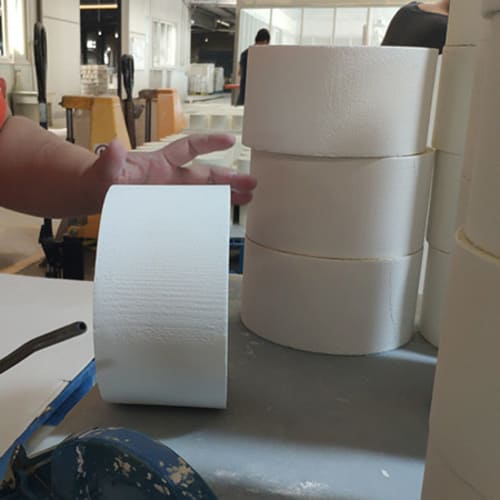
Making Informed Purchasing Decisions
When seeking to replace a diesel particulate filter (DPF) through the aftermarket, it is crucial for buyers, especially fleet managers, to engage in thorough research to make informed purchasing decisions. One of the first considerations should be the compatibility of the DPF with the specific vehicle model. Different makes and models often require filters designed to align with their unique specifications. Fleet buyers should consult manufacturer guidelines or trusted DPF wholesalers to ensure that the replacement part fits seamlessly into their operational vehicles.
Another essential factor is the reputation of the manufacturer. DPF aftermarket providers can vary greatly in quality and reliability. Looking for manufacturers with a strong track record in the industry can help ensure that the purchased filter will perform well and stand the test of time. Online reviews, testimonials, and industry certifications can provide additional insight into the manufacturer’s standing within the market.
Warranties offered on aftermarket parts are also vital indicators of quality. A robust warranty reflects the manufacturer’s confidence in their product. When reviewing warranty terms, fleet managers should consider not only the length of coverage but also the conditions under which the warranty applies. This may include parameters regarding installation requirements and maintenance practices that must be adhered to for the warranty to remain valid.
Finally, compliance with regulatory standards is a critical aspect when selecting a DPF from the aftermarket. Regulations governing emissions and particulate filters can vary by region. Ensuring that the chosen DPF meets these requirements ensures not only legal compliance but also promotes environmental sustainability. In conclusion, by carefully vetting compatibility, manufacturer reputation, warranty terms, and regulatory compliance, fleet buyers can make confident choices in the DPF aftermarket, ultimately contributing to the efficiency and longevity of their vehicle fleets.

